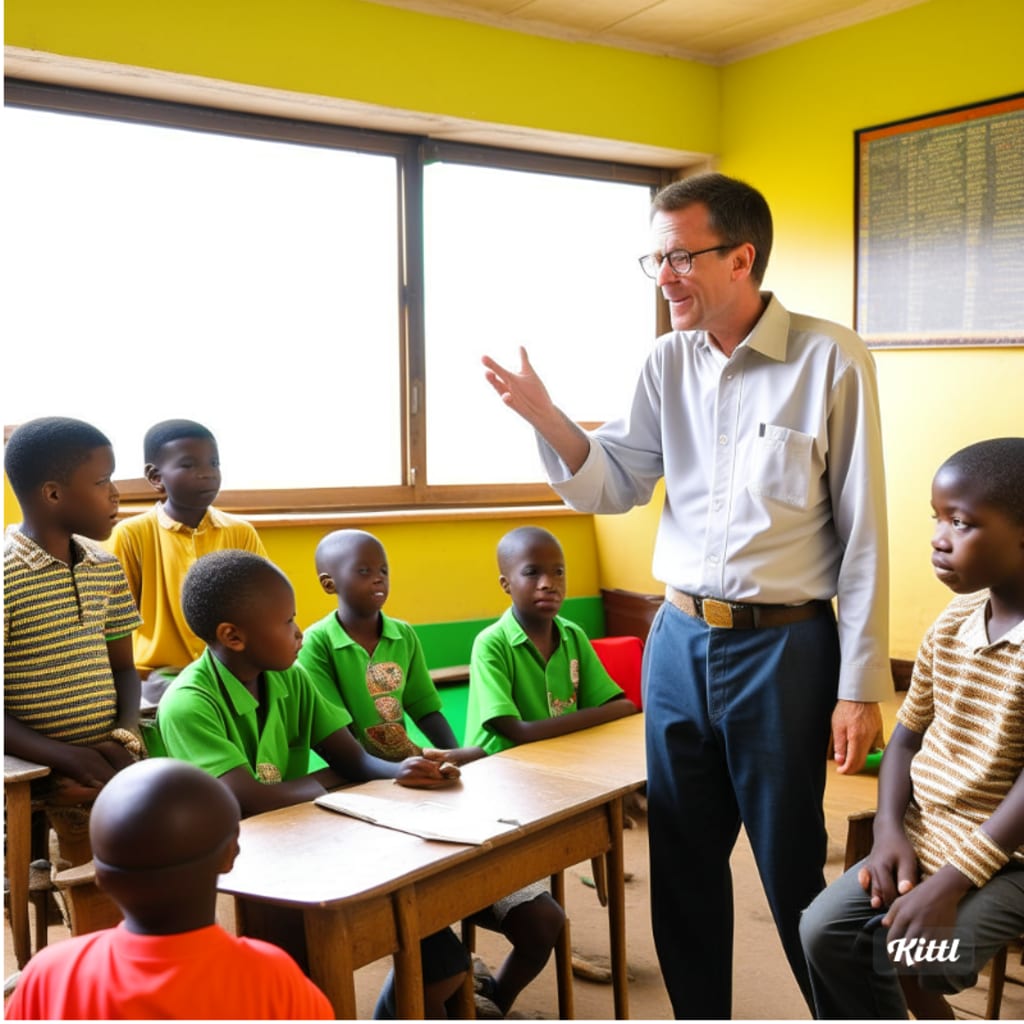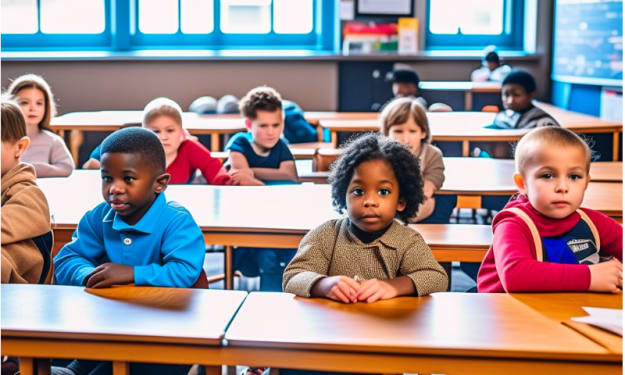Summary of "Pedagogy of the Oppressed" by Paulo Freire
Paulo Freire's Pedagogy of the Oppressed: A Journey into Empowering Minds, Transforming Societies

Paulo Freire's "Pedagogy of the Oppressed" is a key work in the subject of education, providing a revolutionary viewpoint on instructing and learning. The book, which was first published in 1968, outlines Freire's critical pedagogy and emphasizes the need to empower students and foster critical consciousness in order to end injustice. We will go over Freire's major themes, ideas, and arguments in this important work in this 2000 word overview.
Introduction:
Freire offers the idea of the "banking model" of education in the preface to "Pedagogy of the Oppressed," where pupils are viewed as empty vessels that the teacher must fill with information. He berates this conventional method, contending that it dehumanizes both the professors and the students. Freire is an advocate of emancipatory education that upholds the worth and autonomy of students.
The Problem of Oppression: According to Freire, oppression is a dehumanizing force that hinders a person's capacity for independent thought and action. He claims that education has the power to either support this tyranny or help people achieve freedom. Freire makes a distinction between the oppressive educational system that promotes passivity and obedience and true education, which stimulates critical thinking and active engagement.
Liberation and discussion: The idea of discussion is crucial to Freire's education. He promotes a dialogical method where teachers and students converse respectfully and on a mutually beneficial basis. Through conversation, students take an active role in their education, sharing their ideas and experiences. They are able to critically evaluate their reality and work toward their emancipation from oppression thanks to their active participation.
Freire coined the term "conscientization," which describes the process of forming critical consciousness. Conscientization entails becoming aware of the political, social, and economic factors that support one's oppression. People can build a critical perspective of the world and take revolutionary action by understanding the underlying reasons of their circumstances. Conscientization is a crucial component of Freire's pedagogy, which aims to empower people to act as change agents.
Problem-Posing Education: Freire compares the idea of problem-posing education to the banking model of education. In problem-posing education, instructors and students jointly identify and resolve difficulties. This method encourages a sense of ownership and empowerment by acknowledging the expertise and experiences of the students as significant resources. Education that poses problems fosters critical thinking, creativity, and active engagement, empowering students to assess their world and oppose oppressive structures.
Liberatory Praxis: Freire emphasizes the value of praxis, which entails contemplation and action in order to change the world. He contends that only via liberatory praxis, in which people engage in critical analysis of their reality, intervention, and social change, can true liberation be attained. Through the integration of theory and practice, liberatory praxis enables people to partake in transformational actions that oppose oppression and advance justice.
Education as a Political Act: According to Freire, education is political by its very nature and cannot be impartial. He asserts that education always takes place within a socio-political framework, challenging the idea that it is just the transmission of knowledge. As a result, educators need to be conscious of their political beliefs and actively promote social justice. Freire urges educators to provide students the tools they need to analyze the world critically, challenge established hierarchies, and fight for a more just society.
The function of teachers within the pedagogical process is redefined by Freire in his book Teachers as Co-Learners. Teachers should collaborate with their pupils as co-learners and co-investigators rather than acting in an authoritative manner. Teachers can comprehend the realities of their students and aid in their conscientization processes by engaging in discourse and reciprocal learning. Traditional teacher-student hierarchies are questioned by this collaborative method, which also fosters a feeling of community and shared accountability for the educational process.
The Function of Liberation Movements: Freire recognizes the significance of social and political movements in the liberation struggle. He contends that education should be integrated into these movements as a means of mobilization and conscientization. Education plays a significant role in liberation movements because it empowers people to critically assess their circumstances and fight for their rights. For oppressed people to effectively confront oppressive structures, Freire emphasizes the value of unity and solidarity.
In his conclusion to "Pedagogy of the Oppressed," Freire reaffirms the ability of education to transform. He stresses that education is a two-way process that shapes both educators and learners rather than being a one-way process. In order to change the world and work together to create a more just and equitable society, Freire advocates for a pedagogy of hope. He urges educators to embrace their function as catalysts for critical consciousness and promotes a system of education that equips students to actively engage in the continuing liberation fight.
In conclusion, Paulo Freire's "Pedagogy of the Oppressed" offers a revolutionary perspective on education, promoting a pedagogy that equips students to engage in critical analysis of their reality, confront oppression, and fight for social change. Freire provides a framework through ideas like conscientization, problem-posing education, and liberatory praxis for teachers and students to engage in discussion, collaboration, and activism. The book is a seminal work in the subject of critical pedagogy, pushing instructors all around the world to reevaluate their methods and adopt a liberatory pedagogy. Readers are encouraged to take into account education's transformative potential in the search of a more equal and just society by considering Freire's view of education as an instrument for social justice.
About the Creator
Enjoyed the story? Support the Creator.
Subscribe for free to receive all their stories in your feed. You could also pledge your support or give them a one-off tip, letting them know you appreciate their work.





Comments
There are no comments for this story
Be the first to respond and start the conversation.